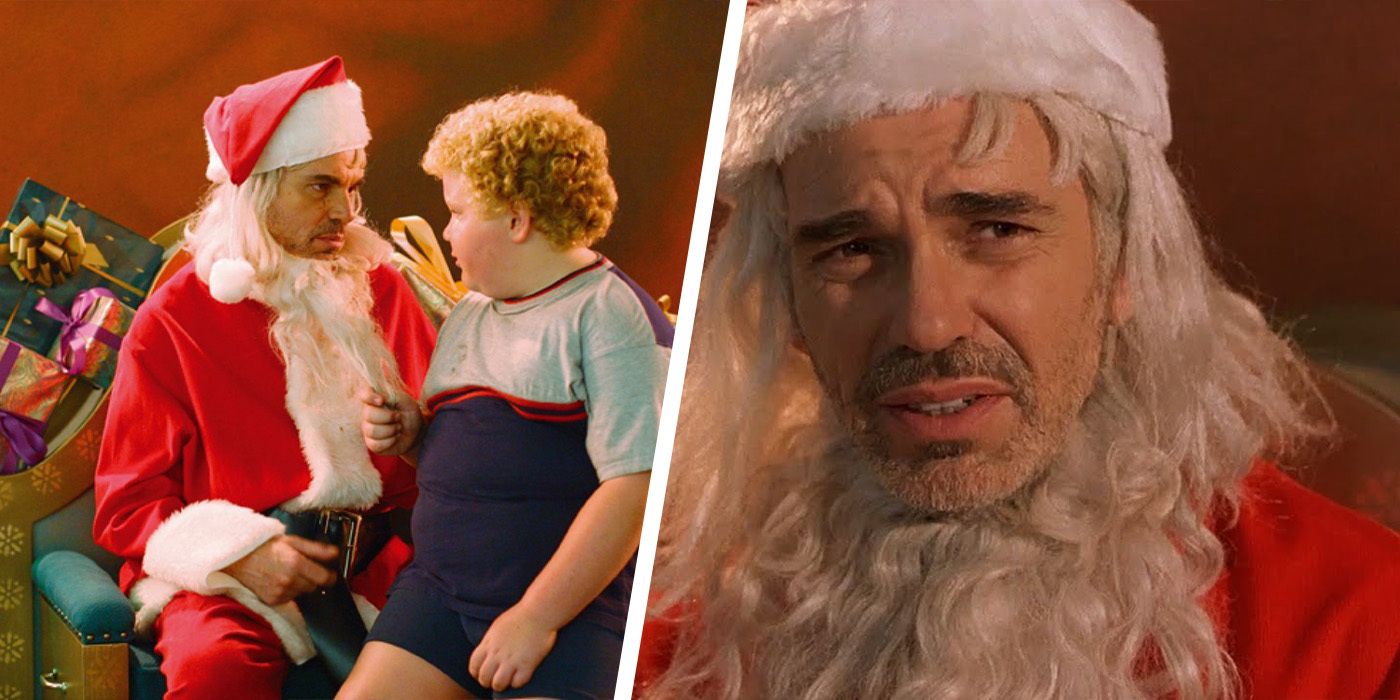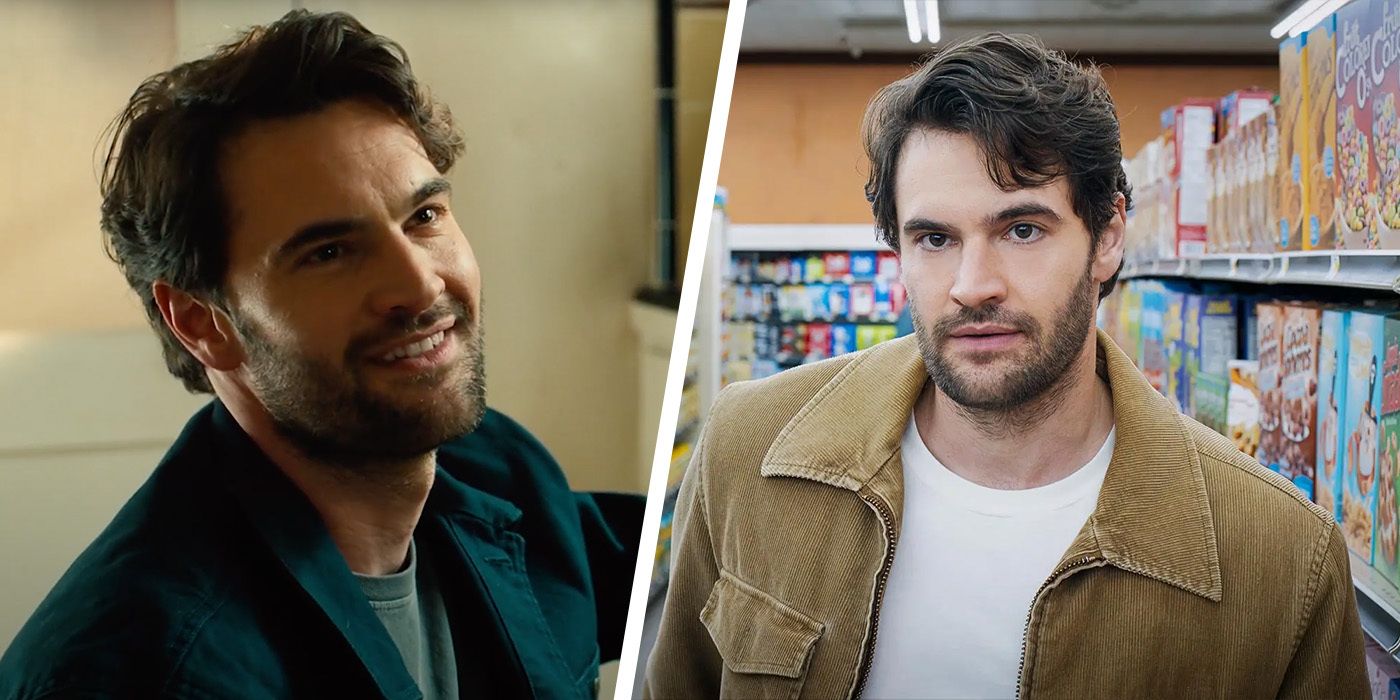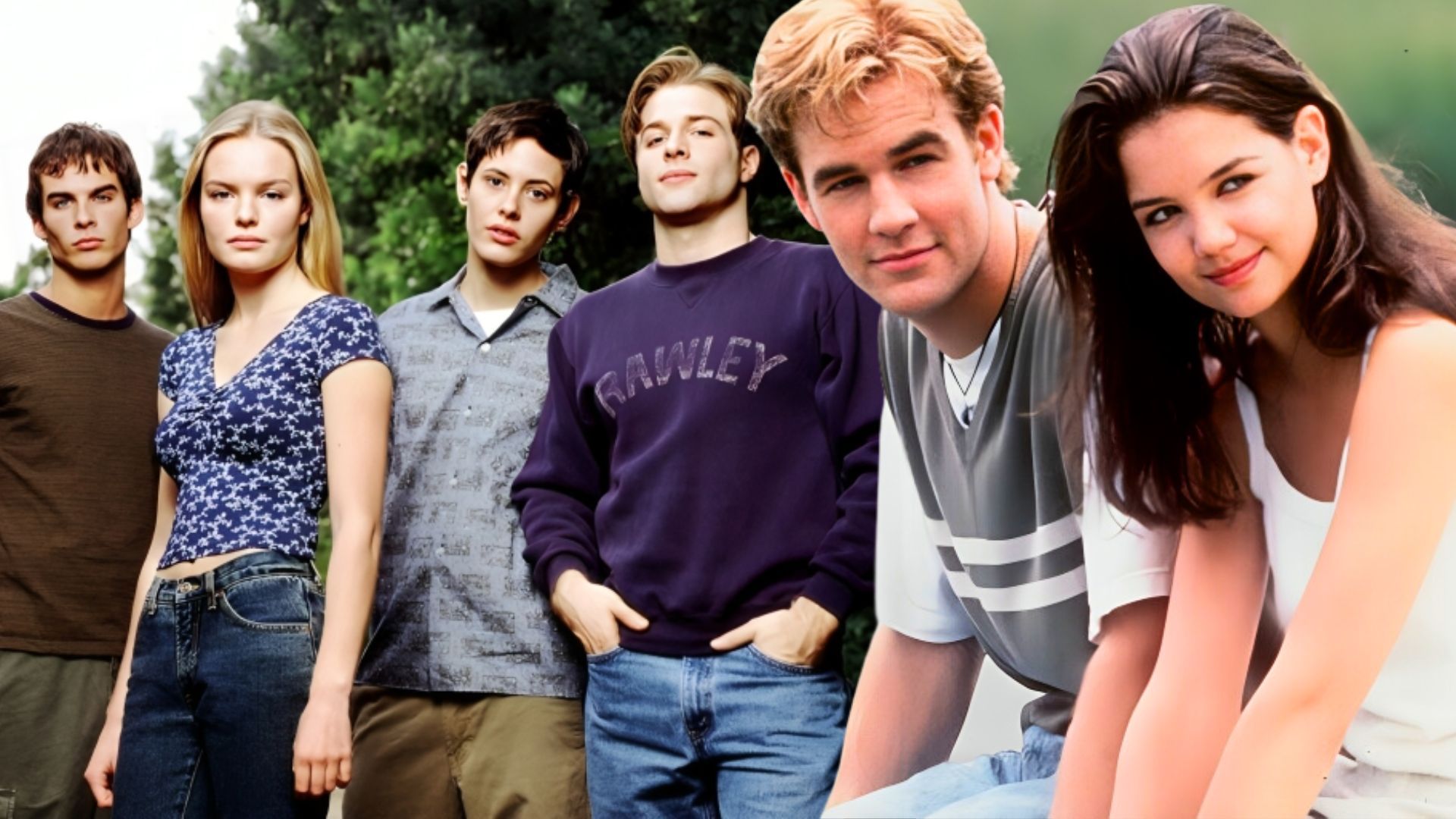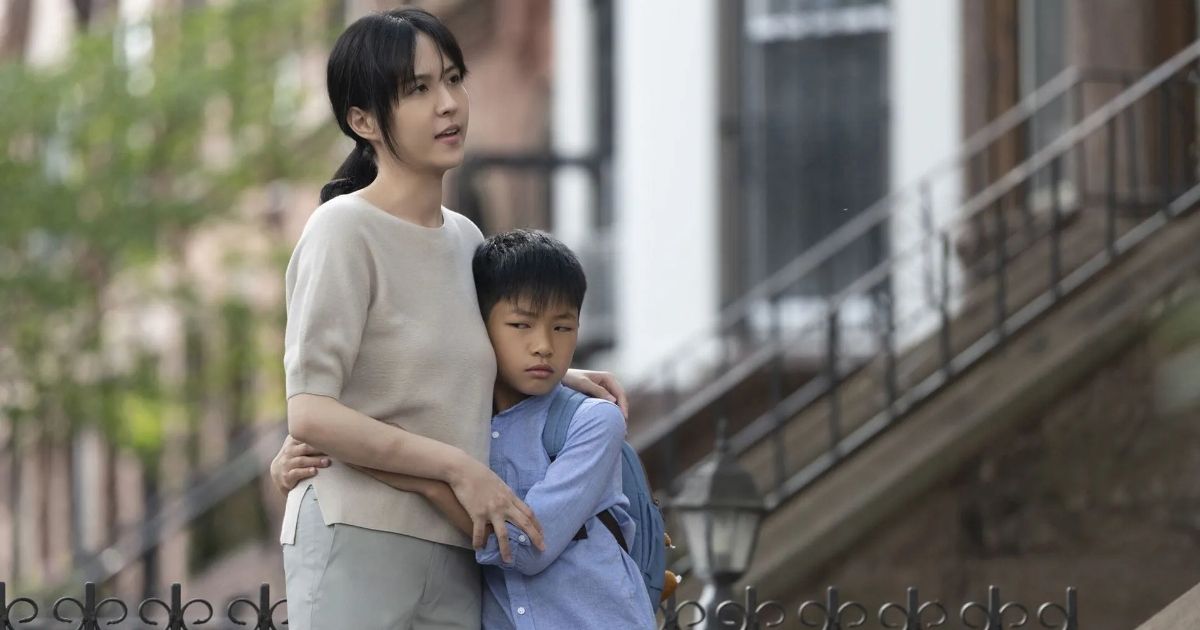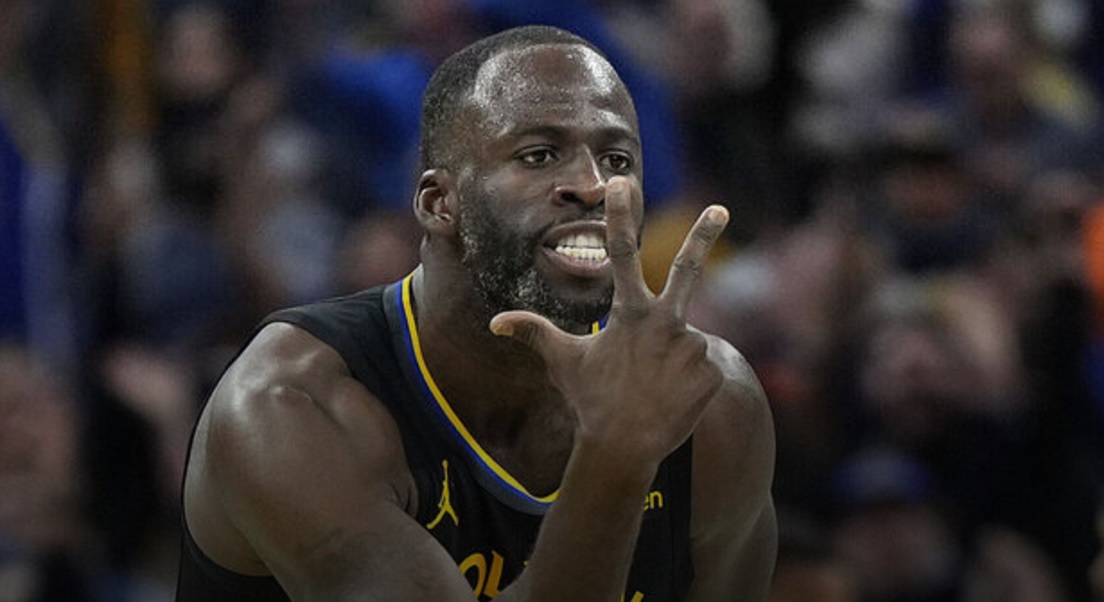The experience of watching “Big Fish” has changed as I have. What struck me on viewings during its theatrical run and a year later was the emphasis on fantastical storytelling over the human story. The plot details were generally lost to time, except for a fragmented series of images. After my third viewing, two decades later, I can now relate to Will in a way I couldn’t before. My self-awareness has broadened through life experiences, and I can reflect on the shared history with my father, whose mortality I’m forced to confront.
For some, but not all, Will is a version of ourselves, only in a dramatized and exaggerated context. Experiencing “Big Fish” when you’re fresh out of adolescence to when you’re an adult and entering that period where one is prone to encountering a mid-life crisis is different. To a young person whose future reaches out ahead of them, the film speaks to the hopes and dreams of what their life could be. To an adult, it’s heavy on nostalgia, and the realization of the difficult relationship sons often have with their fathers, as well as the ups, downs, and twists in any life lived.
The relationships in the film are fully formed, and they belong to their own unique and dreamlike world. Yet, the story’s relatability for some filmgoers will resonate in a way that might feel personal to their own experiences. It’s in constant metamorphosis, offering a space for us to emotionally project ourselves upon, becoming a mirror that reflects our image back to us.
Following Burton’s disappointing remake “Planet of the Apes,” whose only saving grace was Tim Roth’s performance, “Big Fish” felt like redemption in 2003. Also, in the coming years, he would go on to direct some lackluster films, like “Sweeney Todd: The Demon Barber of Fleet Street,” “Alice in Wonderland,” and “Dark Shadows,” which left him susceptible to increasing criticism. Unlike “Big Fish,” which saw him broaden his aesthetic, visually brighter with the dark fantasy tones not being as oppressive or noticeable, the films that followed felt increasingly commercialized and hindered by underwhelming storytelling. The impression began to form that Burton was a filmmaker who had given us his best, and “Big Fish” was maybe his one last hoorah.
You can view the original article HERE.

